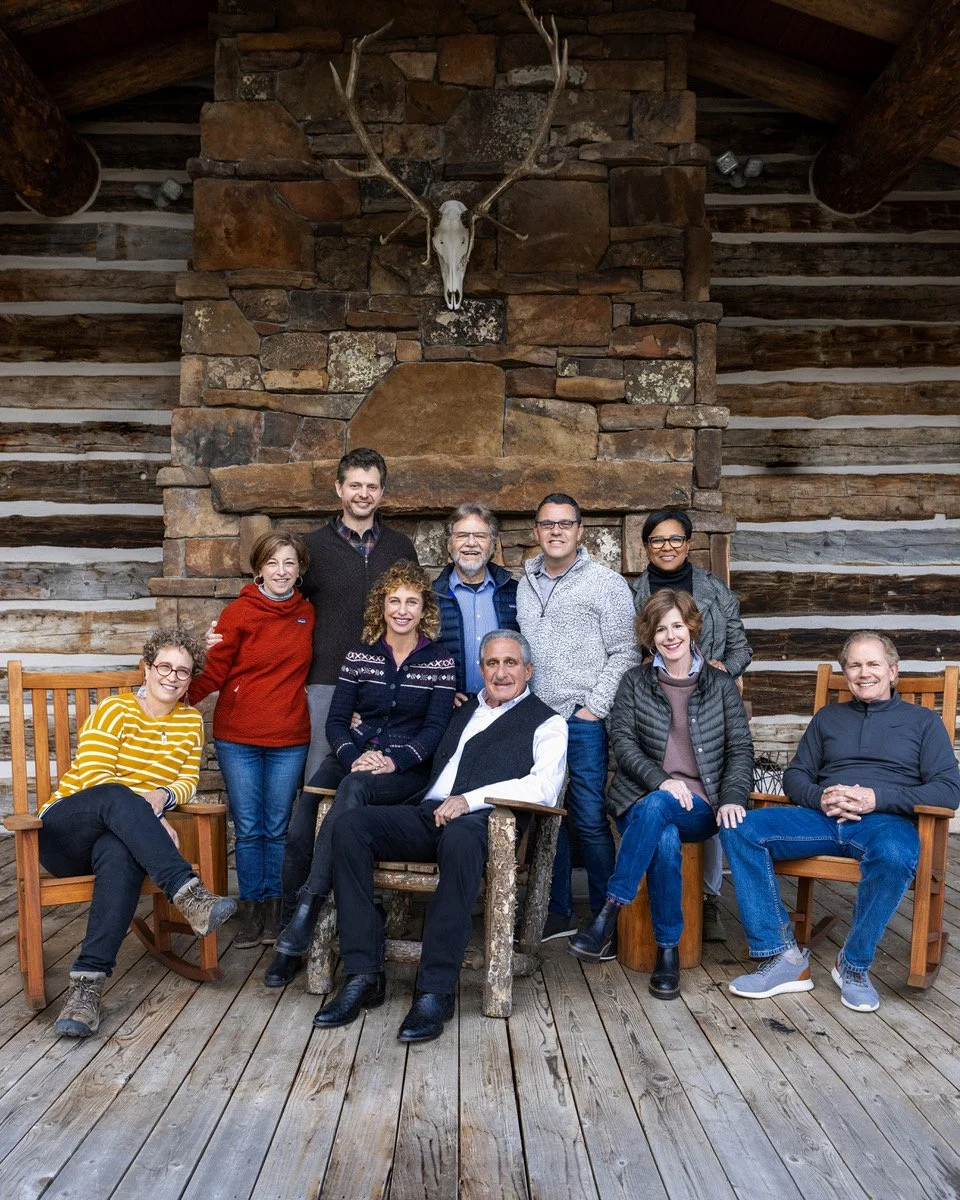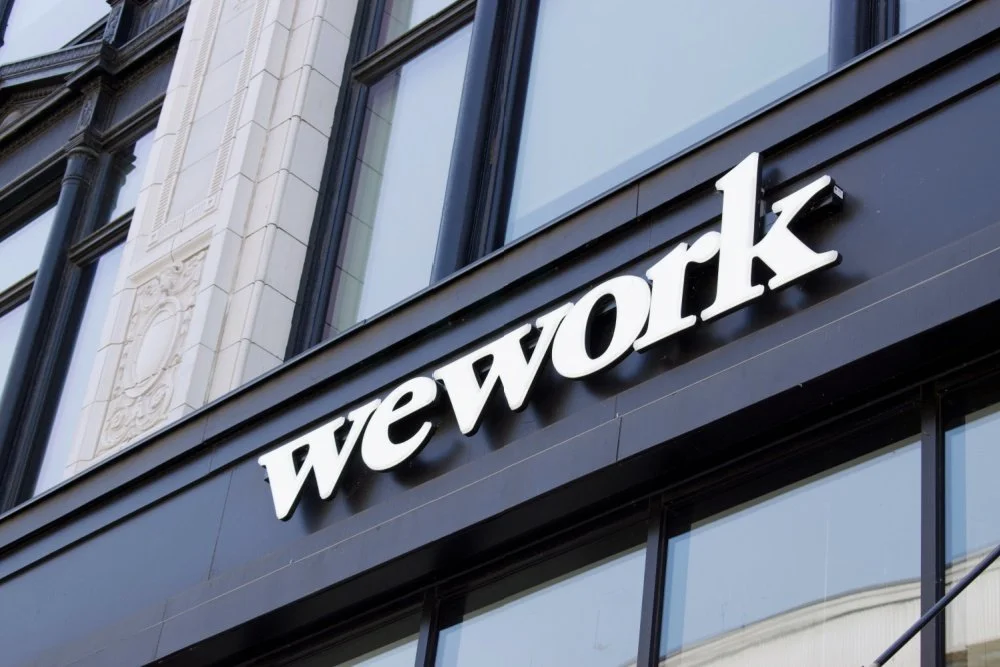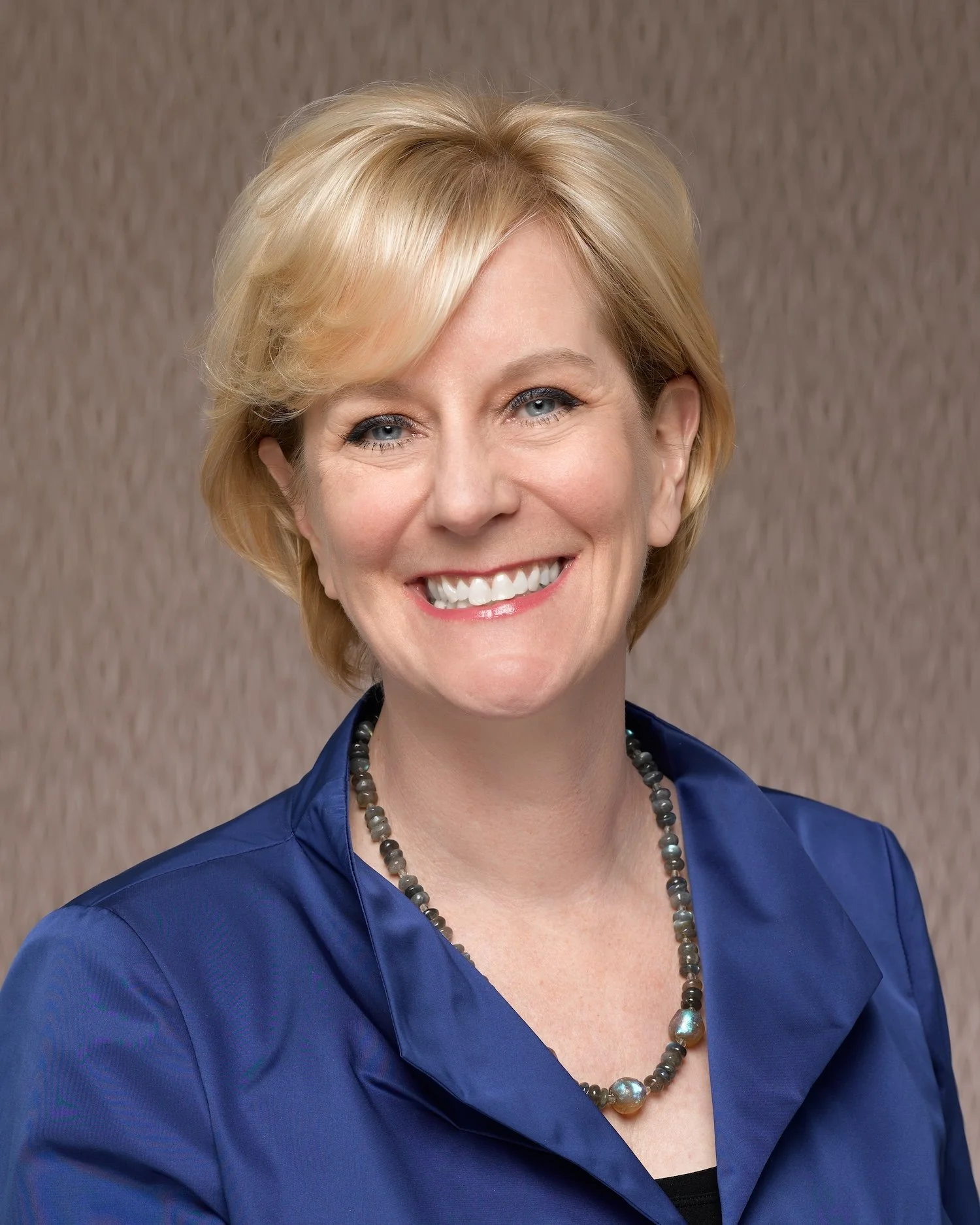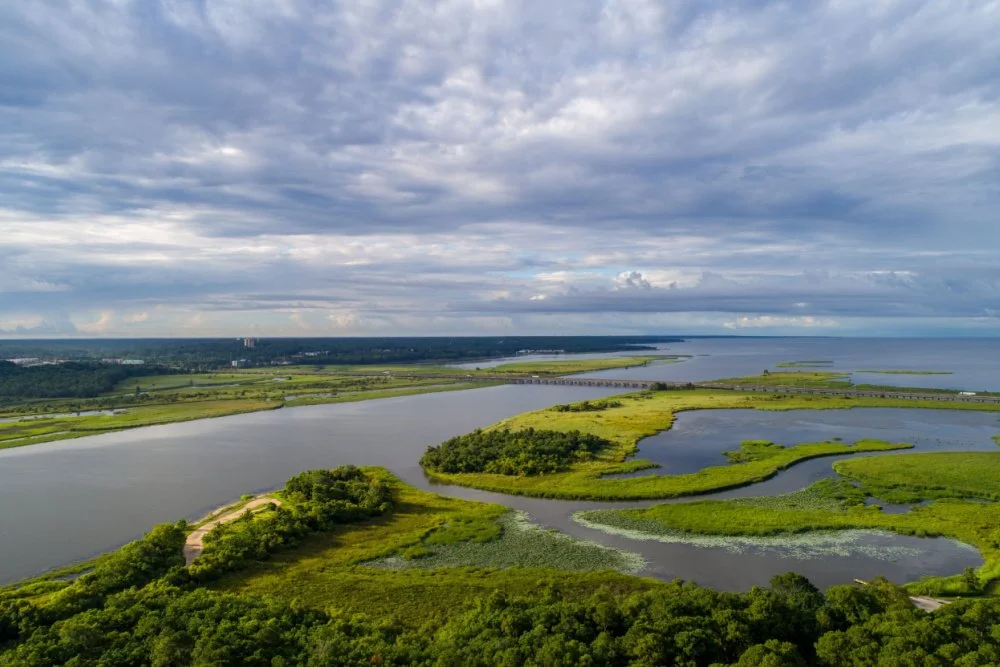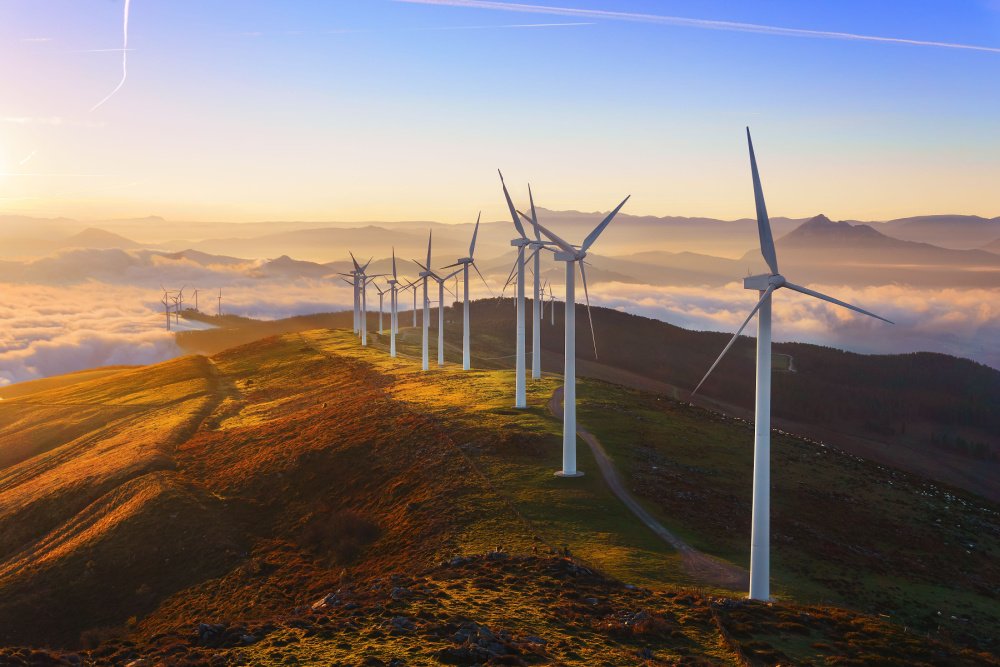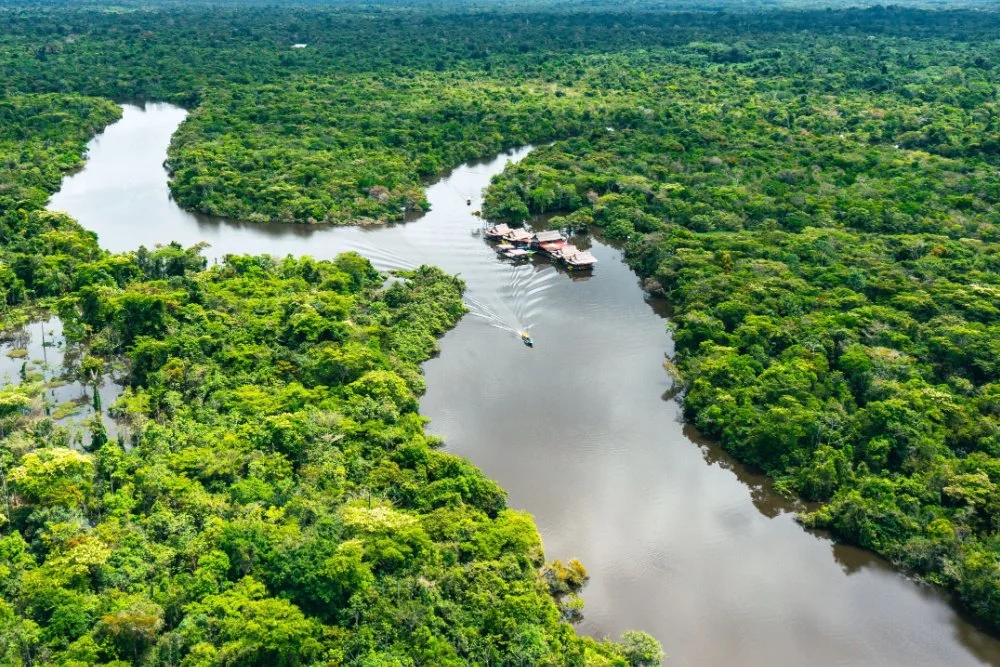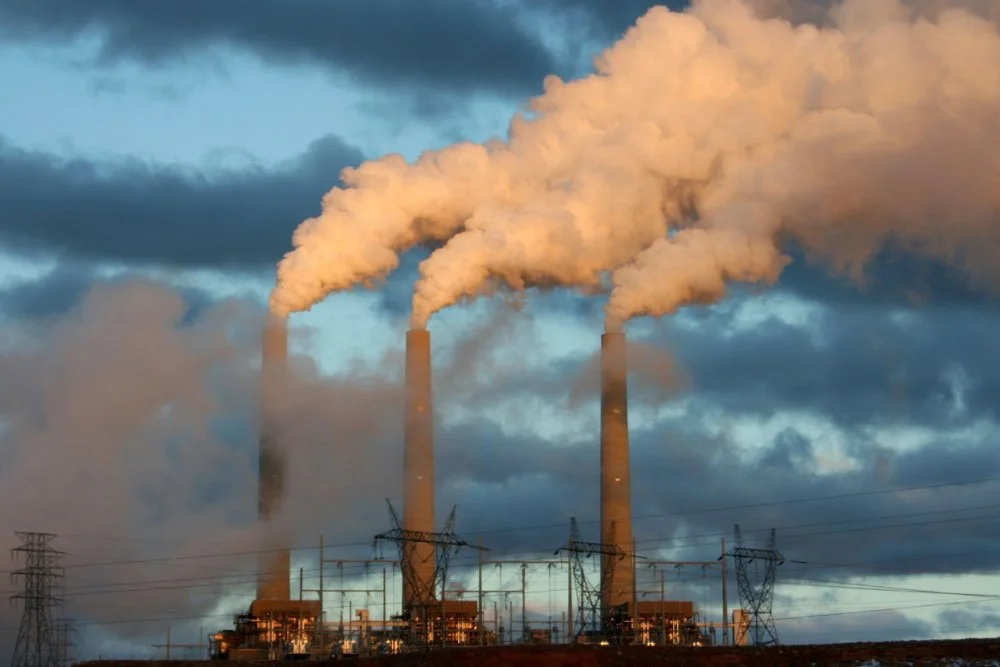With Africa's Wilds Facing Growing Threats, A Billionaire Steps Up
/One thing Hansjörg Wyss likes to spend his billions on is protecting land, and he thinks big. So while Wyss has been diversifying his philanthropy in the past few years, the Swiss medical device billionaire’s latest big conservation gift isn’t too surprising.
It is a little different, however, in that this latest give is backing protected areas in Africa at a higher level than in the past. It’s a very large sum, even for a philanthropist known for making grants in the seven figures and more. His Wyss Foundation just committed $65 million to African Parks, a conservation NGO, which is a major increase over previous giving toward this arena. It could allow the group to substantially expand the number of reserves it protects.
This big gift reflects a ramping up in the number of interests we've seen from this low-key, high-dollar donor. It also contributes to a trend of major donors, and even celebrities, getting involved in protecting African wildlife. Paul Allen, for example, has been a big supporter of efforts to curb poaching of elephants, including his Vulcan Inc.’s Great Elephant Census.
Related:
- Elephant Census Reveals Scary Numbers, and a Powerful Niche for Philanthropy
- Another Billionaire Comes to the Defense of Africa's Elephants and Rhinos
- Can the Surge of Celeb Support for Elephants Make a Difference?
The latest Wyss grant is also tackling poaching, but by more broadly supporting large national parks and other protected areas on the continent.
The grantee, African Parks, is a well-respected conservation nonprofit based in South Africa that specializes in managing and restoring the continent's magnificent parks and preserves, including protecting wildlife from poachers and striking a balance between parks and surrounding communities.
The group currently oversees 10 parks in seven countries, totaling about 6 million hectares of protected land (that’s equivalent to around the area of West Virginia). It’s had some high-profile wins and projects in recent years, including bringing an elephant population back from the brink in Chad, and an initiative to transport 500 elephants from one park in Malawi to another.
Wyss has funded African Parks before, including as part of a $6 million commitment to African wildlife in 2015, but this is a big step up. The grant, which will be dispensed over several years, is expected to allow the group to manage four existing parks and up to five new protected areas. It is a matching grant, however, so the nonprofit will have to raise additional funds to unlock the support.
Again, Wyss is no stranger to land conservation, but he’s probably best known for land purchases, especially in the American West. Within the past five years or so, however, his foundation's environmental giving has branched out, giving to marine conservation, green journalism, Amazon protections, and participating in coalition projects with other large environmental funders.
Less well known is that Wyss and his family are also major donors for progressive policy and advocacy work in the U.S. Wyss sits on the board of the Center for American Progress, where he's a key donor. The Wyss Foundation, which has offices and staff in Washington, D.C., last reported assets of over $2 billion. In recent years, it's made major grants to domestic policy groups, including the Center for Budget and Policy Priorities, Health Leads, and the Constitutional Accountability Center. It's also become a funder of women's equity work, partnering with the Rockefeller Family Fund and the Scholars Strategy Network. One can only imagine that this strand of the Wyss Foundation's work has taken on new urgency since Donald Trump's election.
It’s been interesting to watch this foundation emerge as an important philanthropic operation, because historically, Hans Wyss had fallen into the tradition of quietly cutting huge checks (he gave two of the largest gifts in Harvard’s history), with seemingly very little infrastructure for such a huge and influential funder.
And notably, there's still plenty of money waiting in the wings. For all his big giving so far, including gifts that have swollen the assets of his foundation, the 81-year-old Wyss, who is signatory of the Giving Pledge, is still worth $6 billion.








